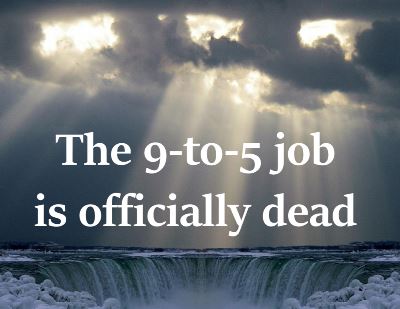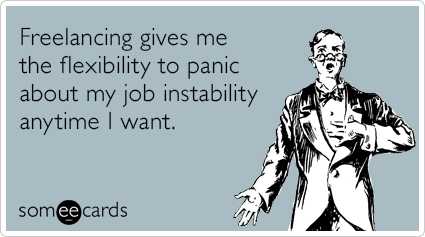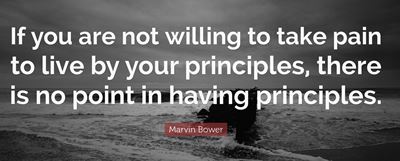I am a modest angel investor, still with more than a dozen investments in the past 5 years, and also an active member of a business angel association. Therefore I am always keen to read about the practice and possible alternative paths. In this excellent post ‘A Weird and Wacky Approach To Angel Investing‘, Darmesh Shah reveals an interesting approach with some useful learning points.

Of course Dharmesh Shah is a very rich entrepreneur and therefore Angel Investor, (and write checks much bigger than the ones I can afford), still I find that his approach has got nice points to it. Basically he seeks to minimize time spent, and therefore:
- He performs absolutely no due diligence but relies on a judgment on the team
- He does not negotiate deal terms or gets involved in negotiations
- He does not invest in later rounds as a matter of principle
- He always sides on the side of the founders
- He keeps his investments separate from his main company and role
And this seems to have worked for him in his specific conditions, including in terms of returns on investment.
On some aspects I believe he is quite right – there is no way you can do due diligence on an early stage startup apart from judging the team, and it is always better to stick to the side of the founders and the general objectives of the company. However I tend to personally get more involved in a handful of investments, out of interest or friendship, and I do sometimes participate to bridge rounds (however, never to later rounds as the interest as a business angel then gets quite diluted in terms of possible returns).
In general, I observe that becoming a more frequent business angel one has to develop some rules to minimise time spent and I am currently in this process too.











